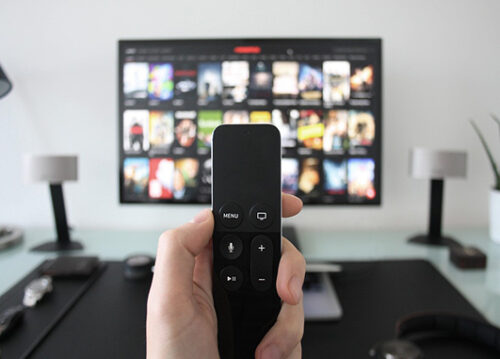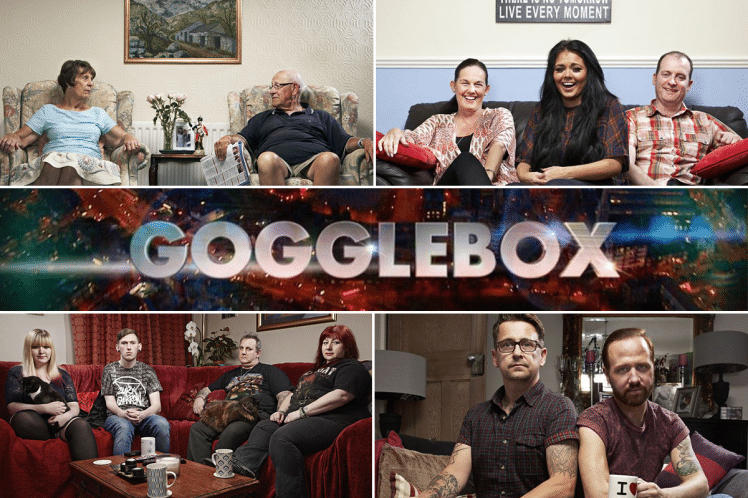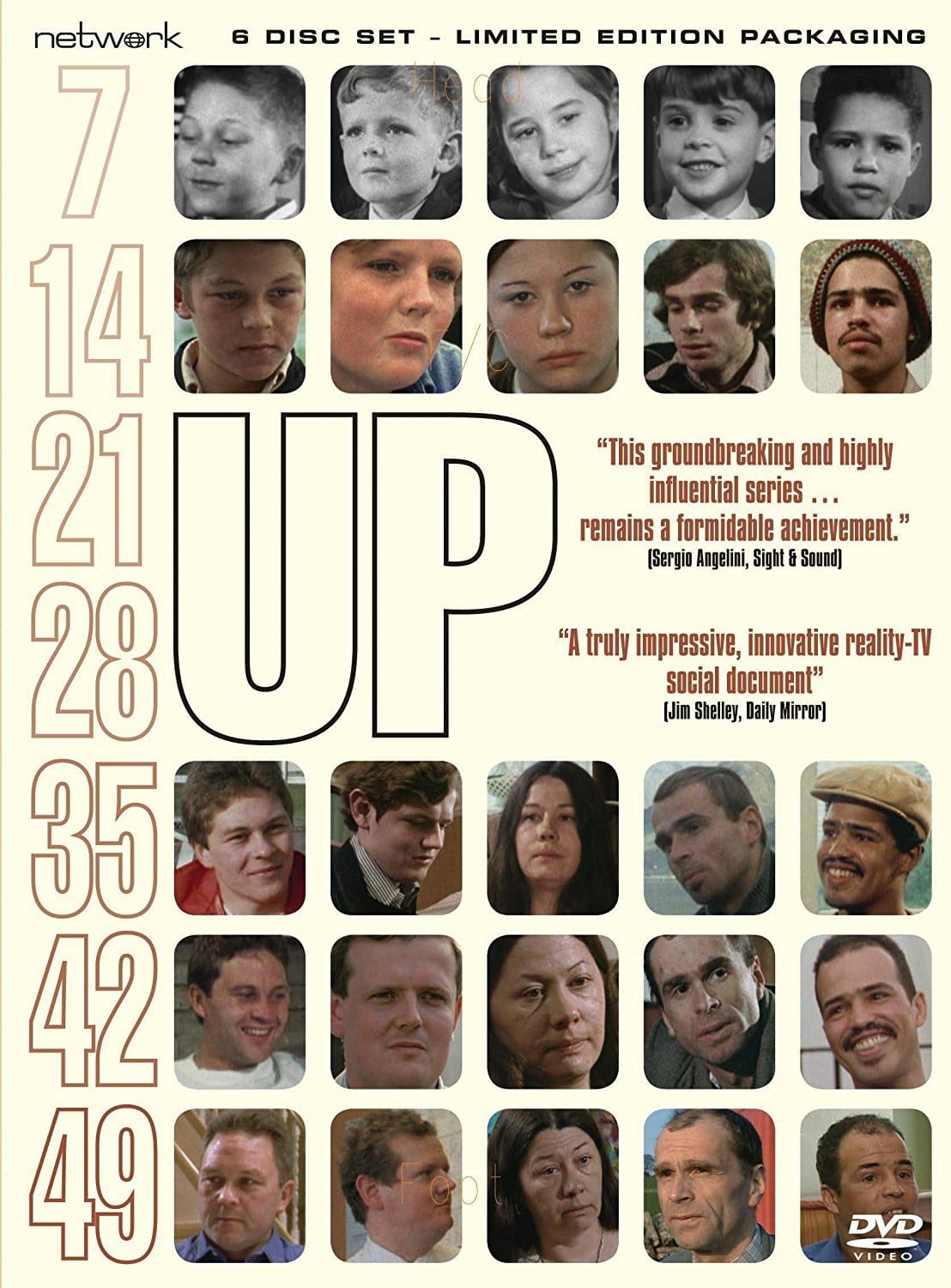Spread the Word – Television

En la actualidad la televisión nos ofrece diferentes opciones de programas de entretenimiento. ¿Cuáles son tus favoritos? ¿podrías hablar sobre ellos en inglés sin dificultad?
Without doubt, an effective way to brush up your listening skills is to watch films and TV programmes in English and it’s more popular than ever now with there being more viewing options, from DVD box sets to pay-per-view television. With this in mind, this month’s Spread the Word looks at vocabulary related to television.
The television: also known as the small screen (as opposed the big screen, obviously), the box, the idiot box (a clear negative connotation there) or the gogglebox (goggle meaning to look with wide open eyes). Gogglebox is also the name of a British reality show where television viewers are filmed in their own homes, commenting on the programmes shown on TV that week. Sounds strange, but it’s entertaining and some of the once anonymous viewers have become celebrities in their own right.
Reality TV is something that has become a staple on viewing schedules all over the world: from Big Brother and I’m a Celebrity… Get Me Out Of Here (the UK version of Survivor) to Keeping Up With the Kardashians and The Apprentice (once hosted by Donald Trump!). However, it’s not such a modern phenomenon: for many there have been Fly-on-the-wall documentaries, where events are seen candidly, as a fly on a wall might see them. One remarkable example is the Up series: in 1964 Granada Television screened 7up, where a group of seven-year-olds from different backgrounds were interviewed and filmed; seven years later the group was revisited and filmed again and every seven years the process has been repeated – this year filming will begin for 64-up!
Documentaries continue to be an enormously successful form of entertainment. Last year Blue Plantet II, a nature documentary series on marine life gained the highest UK viewing figure for 2017, reaching 14.1 million! Another programme format is the docudrama: a television programme or film based on events that really happened. And then there’s the mockumentary, a television programme that has the form of a serious documentary but is in fact filmed with actors with the aim of making fun of its subject matter. A very popular example of this on both sides of the Atlantic was The Office.
Another programme type is the talk show (US) or chat show (UK) where famous people talk about their lives or (more likely) just want to plug (promote) their latest film, song or book. And there’s the perennial quiz show; formats such as The Wheel of Fortune or Who Wants to Be a Millionaire have aired all over the world. A very popular choice for language learners are series and top current choices seem to be Game of Thrones and Stranger Things. And the most viewed programmes in the UK are soap operas (or just soaps), ongoing series that follow the lives of a group of people, often neighbours. The most famous example is Coronation Street, which has been on the air every week since 1960! Language learners also go for sit-coms (situation comedies) and the international success of Friends and The Big Bang Theory shows that sometimes humour does travel.
Happy Viewing!



